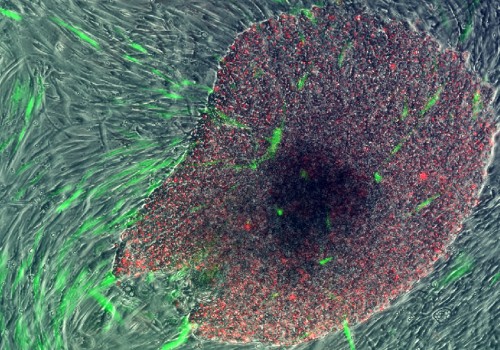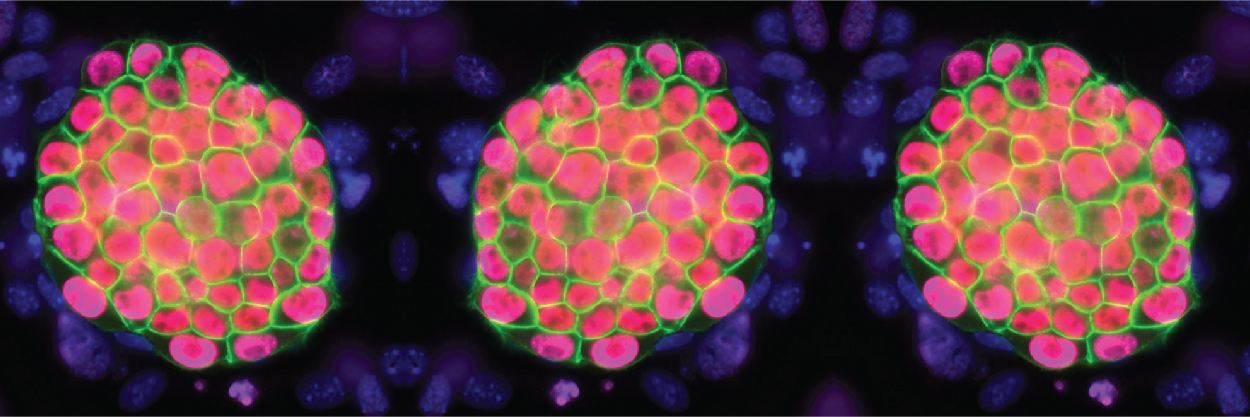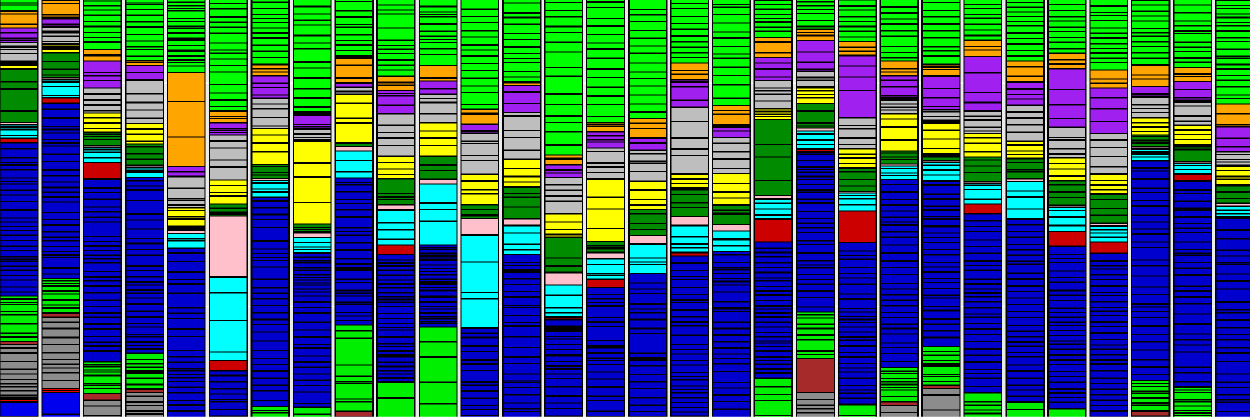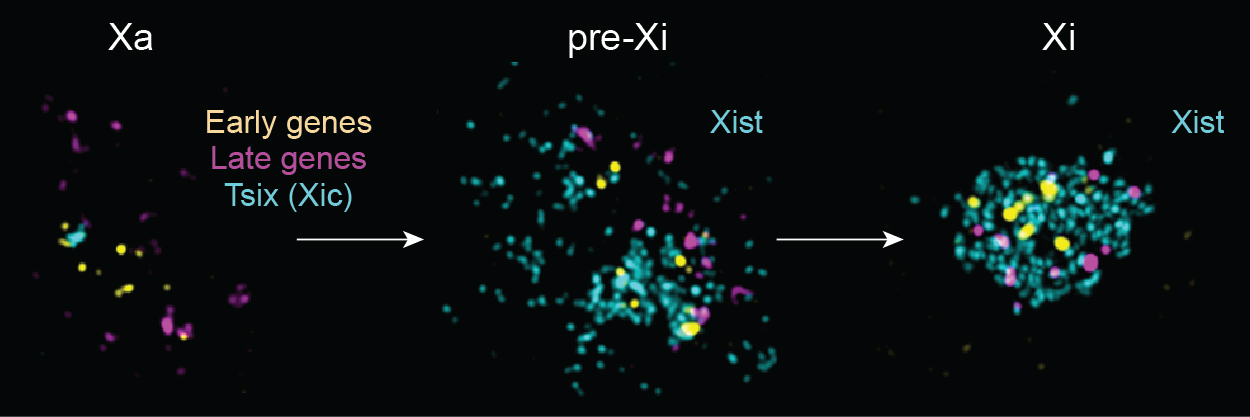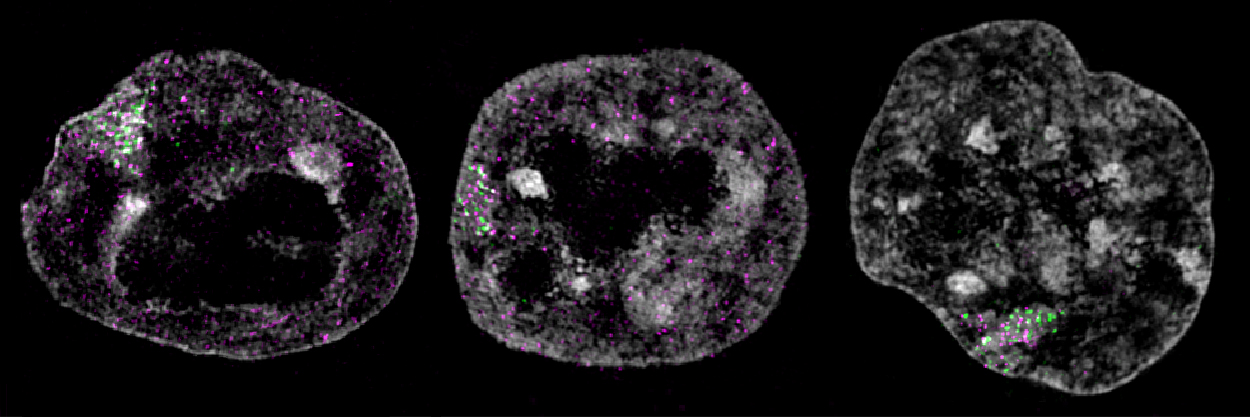Welcome to our lab website!
The Plath Lab
The Plath lab focuses on the epigenetic mechanisms that maintain pluripotency and control differentiation and reprogramming processes. Within this context, we are studying six fundamental problems: (i) How do long-noncoding (lnc) RNAs build nuclear compartments and regulate chromatin changes during differentiation and reprogramming? This aspect of our work particularly centers on understanding how the X chromosome dosage compensation is regulated by the lncRNA Xist in mouse and human. (ii) We are dissecting the cellular decision-making governing reprogramming to induced pluripotency as a means to understand how transcription factors drive cell fate changes and induce new chromatin and gene expression states. (iii) We are examining how the three-dimensional organization of the genome changes during differentiation and reprogramming processes, how transcriptional networks and lncRNAs regulate 3D genome organization, and how 3D genome organization in turn influences gene expression, chromatin states, and lncRNA function. (iv) We are aiming to understand how nutrients that vary with diet can regulate stem cell states and cell fate decisions, particularly those during development, with the ultimate goal to define dietary alterations that enable more accurate models of differentiation in the culture dish or lead to new treatments of pregnancy complications and diseases. (v) We are using embryonic stem cells, induced pluripotent stem cells and new embryo models to understand the gene regulatory networks underlying cellular specification during development and pathophysiologies. (vi) We aim to develop new single cell genomics technologies and to apply them to diverse biological model systems to, for instance, understand the difference between the healthy and disease lung.
